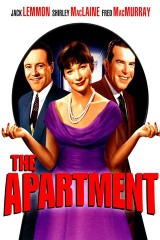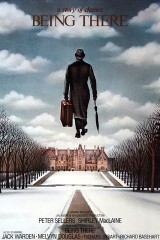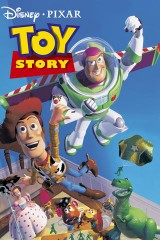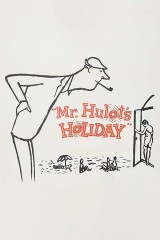Rowan Atkinson’s Five Favorite Films
The iconic star of Mr. Bean and this week's Johnny English Strikes Again turns it up to 11 with classic comedy choices and talks Bean vs. English.

(Photo by Angela Weiss/Getty Images)
For almost three decades, Rowan Atkinson has delighted audiences as Mr. Bean, an oblivious, accident-prone, mostly mute man-child who bumbles through everyday activities in hilarious fashion. But while he’s amassed a sizable fanbase of viewers who grew up watching Mr. Bean’s wacky antics, Atkinson had already established his comedy chops in celebrated British series Blackadder, and he went on to lend his talents to beloved projects ranging from Four Weddings and a Funeral and The Lion King to Rat Race and Love, Actually.
In the meantime, Atkinson successfully introduced another popular character in 2003, a similarly clueless British spy named Johnny English who first came to life in a series of TV advertisements in 1992. This week, Johnny English makes his third trip to the cinemas in Johnny English Strikes Again, in which the 007 stand-in is called out of retirement to contend with a new global threat — and a digital world too complex for his analogue lifestyle. RT chatted with Atkinson to talk about the inspiration behind his characters, which one he enjoys playing more, and whether we might see Mr. Bean again. But first, here are Rowan Atkinson’s Five Favorite Films.
Ryan Fujitani for Rotten Tomatoes: Mr. Bean and Johnny English are both cut from a similar cloth, though they’re still different in distinct ways. Which of the two characters would you say you enjoy doing more?
Rowan Atkinson: I think I enjoy Mr. Bean a bit more, just because he’s a bit more out of the social norms. I mean, both of them, I think, are very selfish, self-serving individuals. Neither of them really care about anybody else apart from themselves, and their lack of emotional relationships, at least as depicted, is probably indicative of that.
Yeah, Mr. Bean is a purer, sort of odder guy. Johnny English is not, I don’t think, particularly a nice man, but at least he is less of a child. I think, in many ways, Mr. Bean is a nine-year-old trapped in a man’s body, and Johnny English is a sort of 15-year-old trapped in a man’s body. So, in other words, neither are particularly mature in their view of life, and emotionally disconnected. So that’s probably the way I would distinguish the two.
RT: Is one of them more challenging for you than the other?
Atkinson: Well, Mr. Bean is more challenging in a way, because you really are, by and large, telling stories entirely visually. You sort of yearn to be able to speak more sometimes, but physically, they both tend to move around in a silly way, and are quite physical. But, yeah, Mr. Bean is probably the more taxing, but also the more satisfying.
RT: You’ve done two Mr. Bean films and now three Johnny English films, and I know you’ve deliberately spaced them out so as not to overexpose the characters. Even though Mr. Bean’s Holiday served as a great swan song for the character, is there any chance we might see him on the big screen a third time as well?
Atkinson: Well, there’s not no chance, but there’s very little chance, I would say. I’m a great believer. I was once in a movie called Never Say Never Again, and I think that’s a good maxim. In fact, that title came from Sean Connery’s wife when he was tempted back to play James Bond again, and she said, “Well, why not say Never Say Never Again,” which, of course, Sean Connery had said a number of times that he would never play James Bond again, and sure enough, there he was.
So, yeah, I’m not going to say that I’ll never play Mr. Bean again, but I just think it’s unlikely. I want sort of doing “Old Bean.” I thought that’d be quite an interesting idea, where you deliberately depict him as an 80-year-old, and just see how he’s getting on later in life.
RT: So we might have to wait a couple decades for that, then.
Atkinson: Yeah, yeah. Well, it’s not that far away.
Johnny English Strikes Again opens on Friday, October 26.










